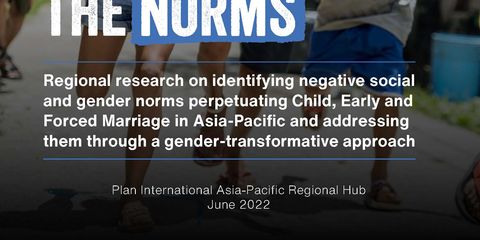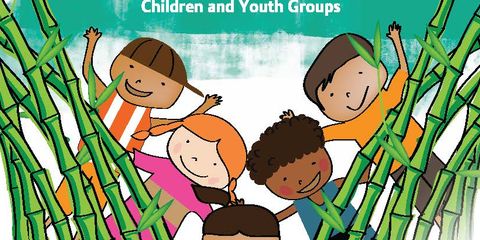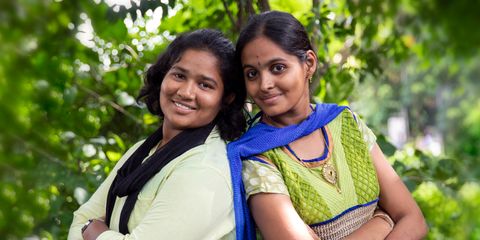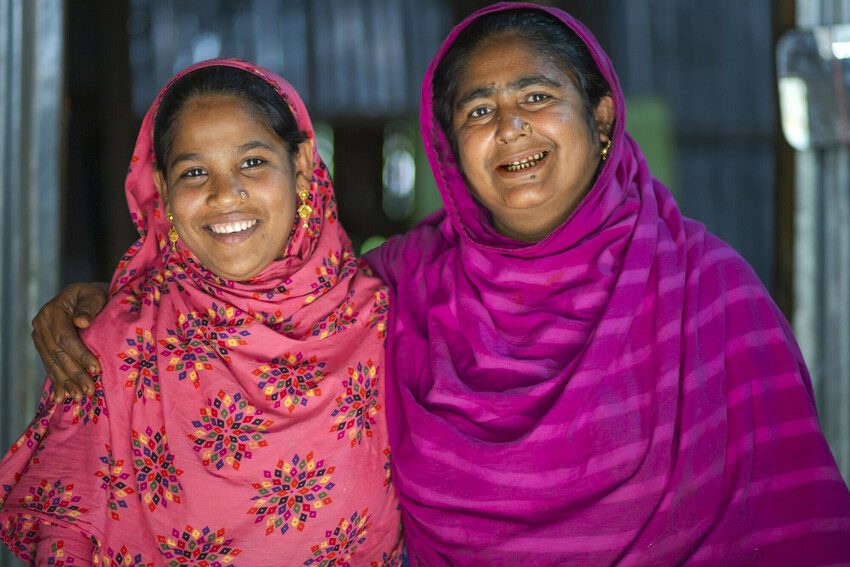
Fortunately for Rinku things began to change. Now 25, married and living in the village with her two children and in-laws, she is no longer fearful of the taboo surrounding her periods.
However, it took Rinku several years to realise the shame of having her period needn’t have existed, that her mother’s words were merely superstitions passed down generation after generation. Rinku’s mother-in-law is the leader of a community group sharing information on good hygiene practices and menstrual management. Due to this, Rinku joined one of the sessions her mother-in-law was leading, and from that moment realized that what she had been told and believed was wrong:
“The superstitions around periods are only stories, they are not true.”
Her village is part of the WASH project, a water, sanitation and hygiene programme supported by Plan International. Between 2014 and 2018, 6.6 million people in Pakistan and Bangladesh were reached, and it’s hoped 650,000 more people in Bangladesh will be reached by the end of this year.
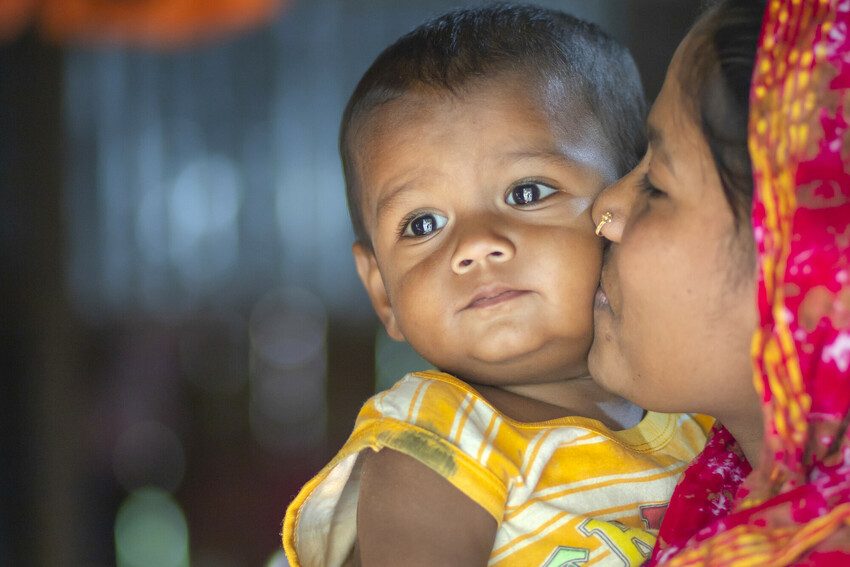
Rinku now understands that menstruation is not a disease; that a girl needs to take special care of herself during her period, eat nutritious food and change her pad regularly to avoid infection. Having a period should not stop her from working, going to the market, visiting relatives or playing sports.
“If I hadn’t joined that courtyard meeting that day, I would have probably never known about all the superstitions I wrongly held about menstruation. WASH facilitators of this project regularly come to our house to speak about health issues such as washing hands with soap five times a day, using a hygienic latrine, etc. I inform girls and make them aware so that they do not pay heed to any superstitions. I will raise my daughter with the right knowledge.”
When given a safe space to be open, express doubts and learn, girls can be better informed about their bodies and be confident to make their own choices. Through being allowed to share in a community environment with other females, young girls can learn from each other and spread vital messages surrounding personal hygiene and false menstruation superstitions.
2021 Asia-Pacific Girls Report: Voice, Choice, and Power
If girls are given the opportunity to have voice, choice, and power in their lives, they thrive. Plan International’s 2021 Asia-Pacific Girls Report reveals how girls are becoming a necessary force for gender equality in the region. The report, presenting the region’s state of girls’ and young women’s leadership, finds that girls and young women are working tirelessly to ensure gender-transformative change and social inclusion. Yet the environments in some countries are more enabling than others. Across the region, social and cultural norms continue to contribute to gender inequality and the lack of opportunity.
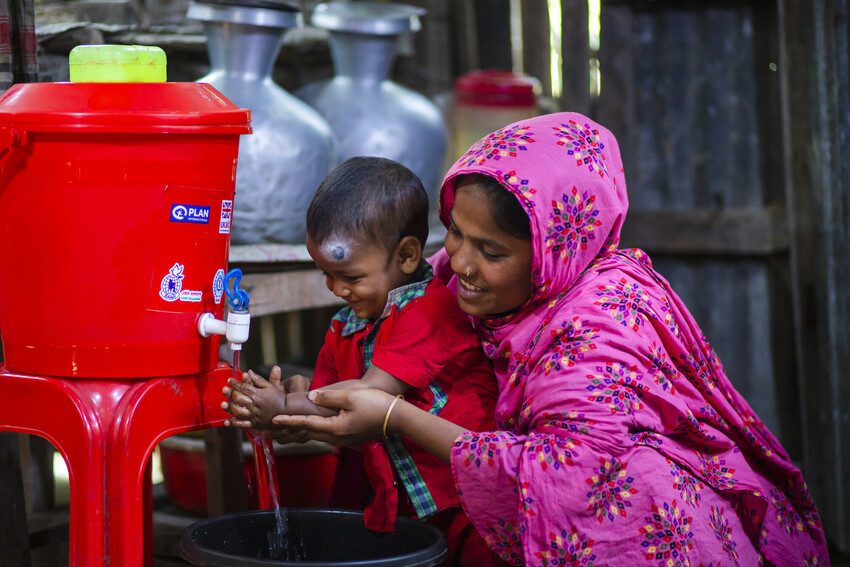
Plan International believes in the importance of girl-led leadership in the battle for gender equality. To do this, more needs to be done to create a safe, inclusive and open space for them to use their voice, spread their message of ensuring equal rights for all, and develop their collective and individual power.
*Notes: WASH Result Project Funded by FCDO, implemented by Plan International, Saint Bangladesh, and VERC Musakandi village of Bapta union in the Bhola Sadar sub-district
Girls Get Equal, Sexual and reproductive health and rights, Youth empowerment, Activism, girls’ leadership, Menstruation
